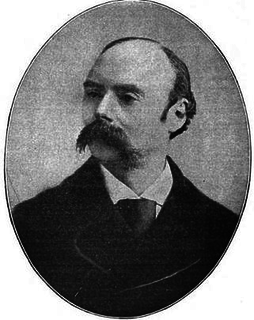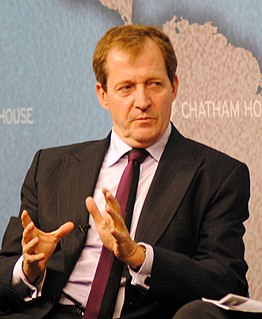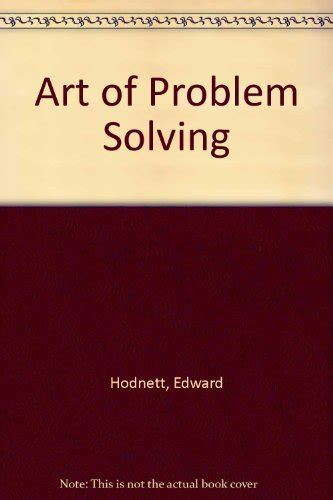A Quote by Robert Heller
Effective management always means asking the right question.
Related Quotes
One of the reasons that metaphor and symbolism are important in books is because they are also important to life. Like, for example say you're in high school and you're a boy and you say to a girl: "Do you like anyone right now?" - that's not the question you're asking. The question you're asking is, "do you like me right now."
It's the most annoying question and they just can't help asking you. You'll be asked it at family gatherings, weddings, and on first dates. And you'll ask yourself far too often. It's the question that has no good answer. It's the question that when people stop asking it, you'll feel even worse. - WHY ARE YOU SINGLE?
You may be asking yourself, 'Am I the right type of person to go to this rally?' The fact that you would even stop to ask yourself that question, as opposed to, let's say, just jumping up, grabbing the nearest stack of burnable holy books, strapping on a diaper and pointing your car towards D.C. -- that means I think you just might be right for it.
The question I'm always asking myself is: are we masters or victims? Do we make history, or does history make us? Do we shape the world, or are we just shaped by it? The question of do we have agency in our lives or whether we are just passive victims of events is, I think, a great question, and one that I have always tried to ask.
Asking the proper question is the central action of transformation- in fairy tales, in analysis, and in individuation. The key question causes germination of consciousness. The properly shaped question always emanates from an essential curiosity about what stands behind. Questions are the keys that cause the secret doors of the psyche to swing open.


































